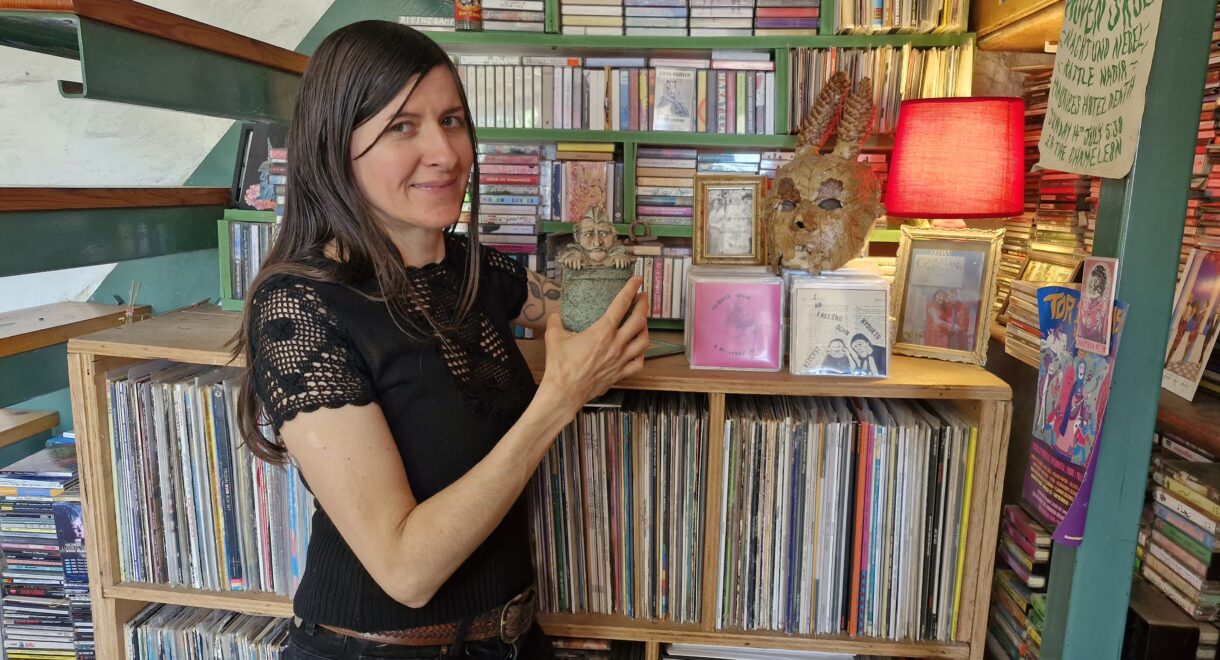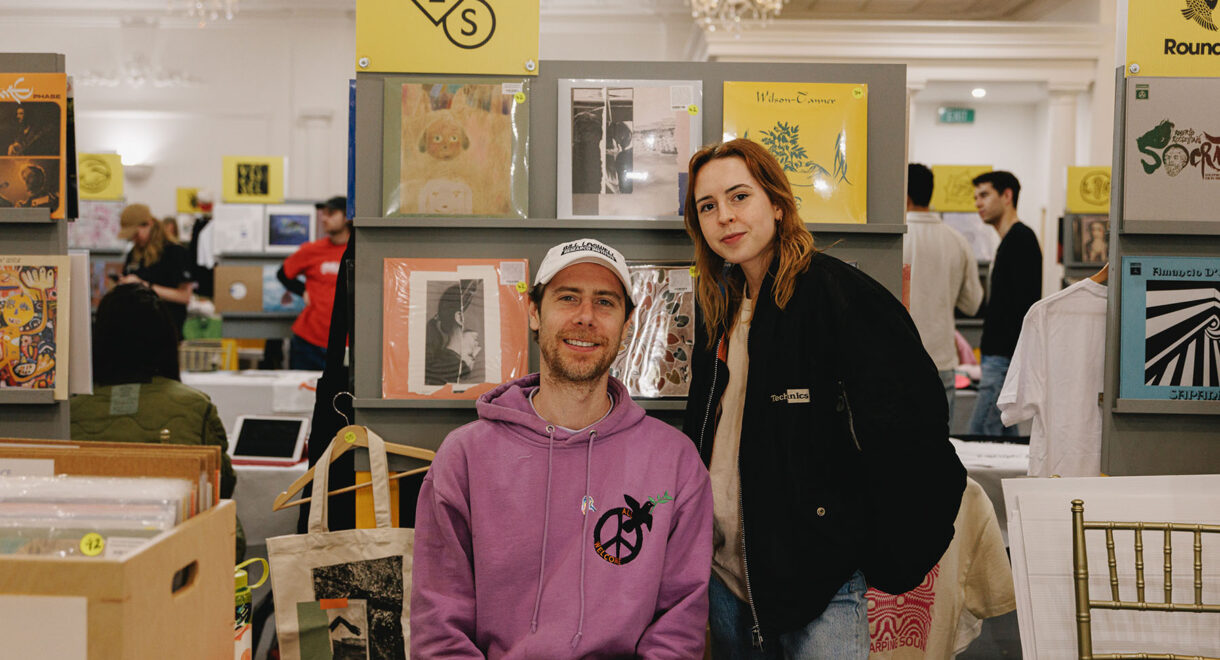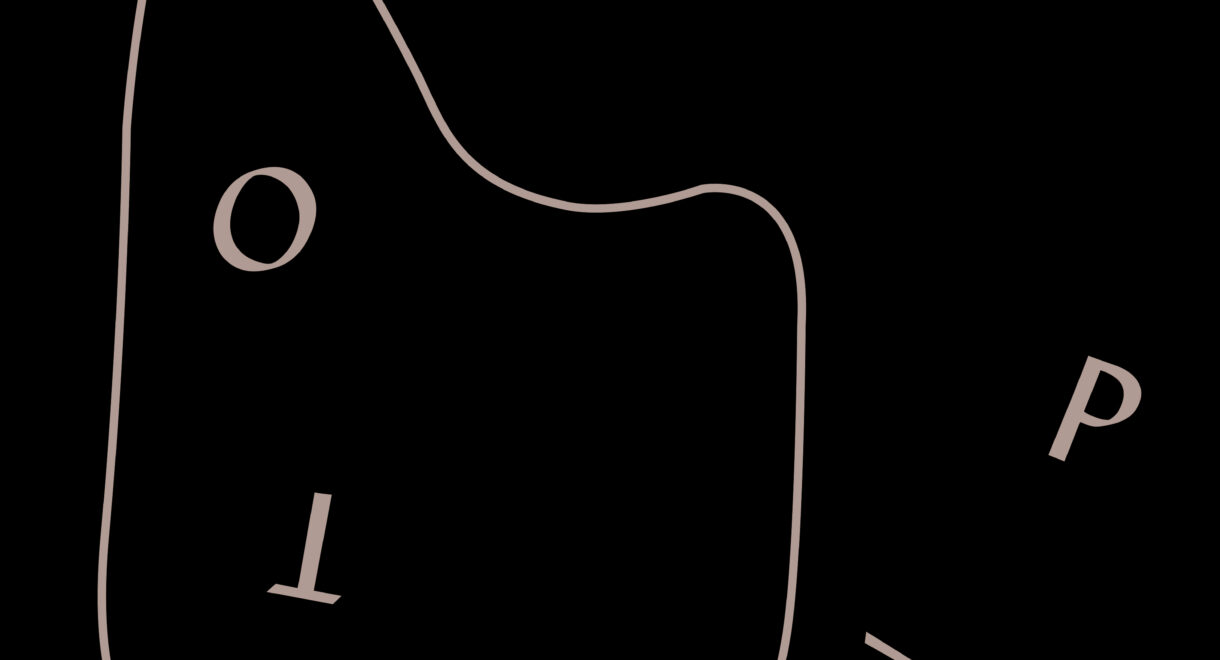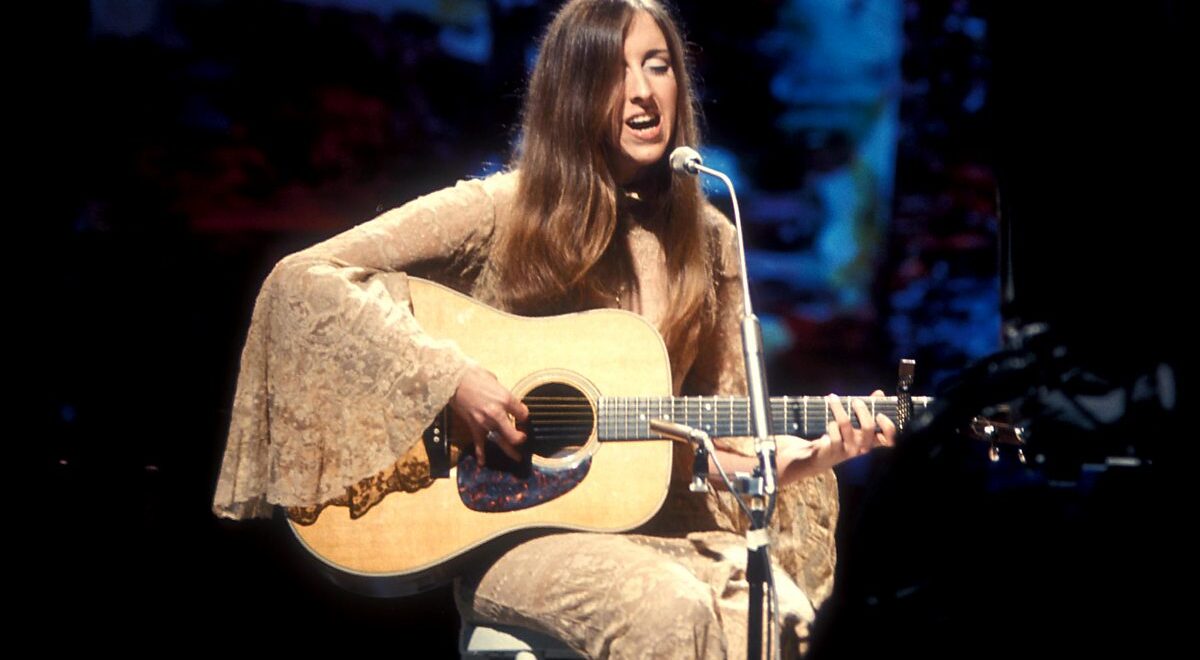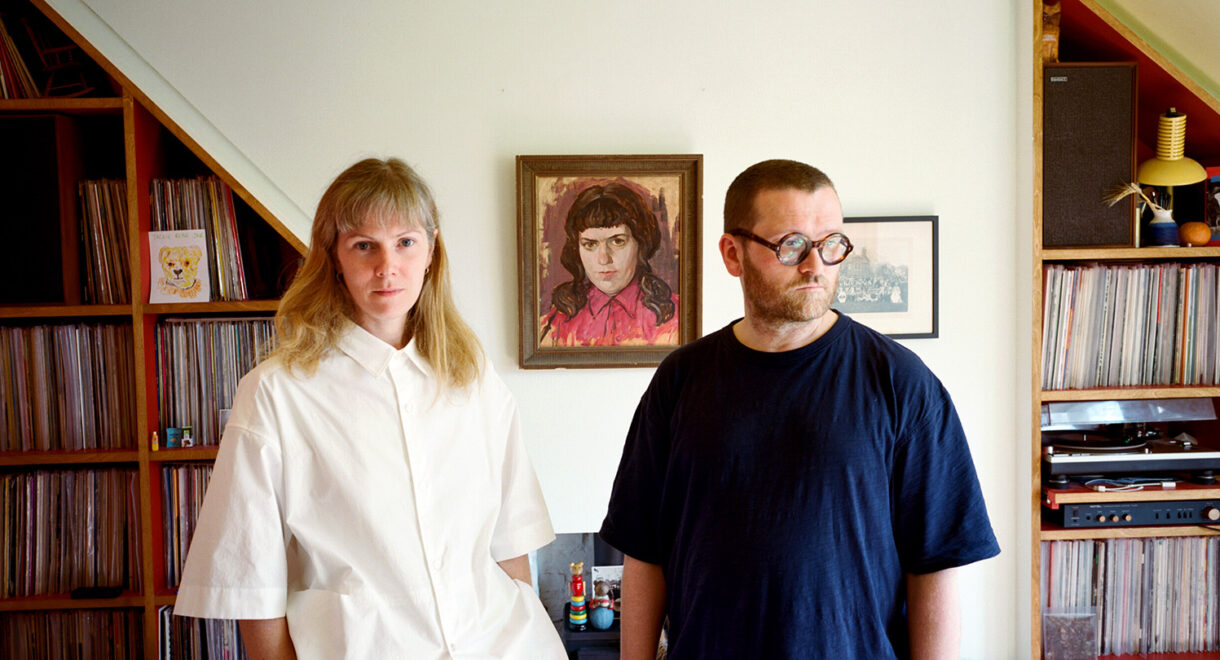Her new record, Lost – For Annie, comes out Friday via DC label Outside Time. Here’s a perfect introduction to the work of Ireland-based musician Natalia Beylis, conveyed […]
Murder ballads, supernatural mysteries, and faith healers: Why I decided to create a fieldwork archive

Folklorist Derek Piotr shares recordings from his fieldwork archive.
I made my first recording for the Derek Piotr Fieldwork Archive in March, 2020, and formally launched the project as a web platform (with the godly help of my assistant) in August 2022. I committed to accumulate at least 200 recordings and put them public somewhere. Given the red-tape-jungle of academia/library digital spaces, I decided to found my own territory. Since its founding, the archive has grown almost threefold (at time of writing 550 individual recordings).
In browsing it you’ll hear singing from all walks of life: from nuns to bartenders; twentysomethings to centenarians; folk-song scholars, siblings making barnyard noises in unison; residents of a nursing home collectively remembering patriotic standards; farmers singing murder ballads; and legends of the folk scene sharing their earliest memories of learning through home-singing. You will hear stories of hospice journeys, faith healing practices, tornado survival, and supernatural hauntings.
Doing this work is as thrilling as it is difficult. There’s an underlying heaviness to documenting the private memories of tradition-bearers, and psychic breaks are often necessary. One such pause yielded a list for ISC of my five favorite recordings du jour. These preferences shift daily, or moment-to-moment, but outlining them occasionally in an autoethnographic fashion is one path to sanity.
Fran Block – Oif’n Pripitchik (n.538)
https://fieldwork-archive.com/538.html
I met Fran and her partner, Dan Gardella, on the advisement of Guy Wolff. Dan is primarily an Old-Time fiddler, living in Plymouth, Connecticut, and Guy has played out with him many times. My duty since returning to New England has been to at least attempt to raise the community of Northeast Old-Time to some modicum of prominence, so I’ve have made hundreds of recordings in Connecticut, as well as some in Vermont and Massachusetts. Dan dazzled me during our time together with spry standards like “Harvest Home” and “The De’il in the Kitchen,” but Fran left the strongest impression. She shared some of the earliest memories she had around music. This, as a fieldworker, is essential information: the first music that someone was conscious of absorbing. Fran sang several Hebrew songs she learned in her school days, as well as “Oif’n Pripitchik” a Yiddish song that her grandmother, Ethel Cohen, and great-aunt sang all the time. Fran sang with some reluctance, but I am overjoyed she made the effort.
Erica Warnock – Come Again, sweet love doth now invite (no. 505)
fieldwork-archive.com/505.html
Erica is Guy’s wife; they live in Bantam, Connecticut. There was a similar delight in discovery when working with Erica. Guy is a proficient musician and can play the hell out of several instruments, including but not limited to spoons, banjo, and concertina. I was, however, more impressed to learn that Erica grew up in a household that sang madrigals! At some point after her father (James Byron) passed, she found a handwritten diary with all stripes of songs autographed into it – everything from “Billy Boy” to “Rest, Sweet Nymphs.”
“Come Again…” is a Dowland madrigal, and one of the typical bedtime songs that Erica’s father sang. It was unexpected, collecting madrigals for the archive – and a very welcome surprise.
Carmen McCord Hicks – The Patched-Up Old Devil (no. 478)
fieldwork-archive.com/478.html
I have known Carmen, of Bon Aqua, Tennessee, for years through my association with Appalachian Old-Time singing swaps. Carmen’s relatives were documented by Harmony Korine’s father, Sol, in a documentary called “Mouth Music” in 1981, and sang many wonderful ballads, primarily at home with their family.
Here, Carmen sings an obscure folk-song called “The Patched-Up Old Devil.” very few instances of this ballad are reported – the only other available one comes from Arnold Keith Storm, of Mooresville, Indiana, who “had learned most of his repertoire from his father, who had in turn learned it from his own father.” That the plot of this particular song invokes Dahl-ian levels of shape-shfting creepiness is a thrilling bonus!
Fanny Bennett – Grief Is a Knot (no. 493)
fieldwork-archive.com/493.html
Frances “Fanny” Bennett, sister of Becky, is a youthful 105. That the archive now houses two centenarians is nothing short of miraculous; most of the work I do now focuses on members of the Traditionalists (b. 1928-45), more aptly named “Silent Generation” – members of the Greatest Generation (b. 1901-27) are harder to find. This was the most impromptu recording I’ve yet made: On a call with Frances’ daughter, I was explaining my interest in the Bennett family (having worked with recordings of them in my archival compiations), and her mother burst suddenly into song on the other end. I had to rush to my laptop and get something turned on – generally I record on a Zoom H4, but a MacBook microphone will certainly work when required.
Alessandra Delia-Lôbo and Cameo Delia – Till the Clouds Rolled By (no. 385)
fieldwork-archive.com/385.html
One of great aspect of this project is the ability to share new things with old friends. Several people I have known for over ten years have come forward with song memory and shared their singing. Aless is an amazing example of this. I have known her and her husband for almost 15 years, but only recently discovered that Aless and Cam both grew up hearing their grandfather sing British folk tunes. “Till the Clouds Rolled By” is a humorous, unfortunately stereotyping folk song that is a chief example of the clunky sort of “humor” prevalent in diminutive English ballads. The absolutely seamless unison singing of both sisters, and Aless’ baby, Frances, singing her own “song” in the background makes this recording one of the most exciting I’ve taken.
Derek Piotr is a folklorist, researcher and performer whose work focuses primarily on the human voice. His work covers practices including fieldwork, vocal performance, preservation and autoethnography; and is primarily concerned with tenderness, fragility, beauty and brutality. He has collaborated with artists including Scott Solter, Nathan Salsburg and Thomas Brinkmann across various disciplines. His work has been supported by The Traditional Song Forum and The Danbury Cultural Commission, and has featured on Death is Not the End and BBC. He recently launched the Fieldwork Archive.




